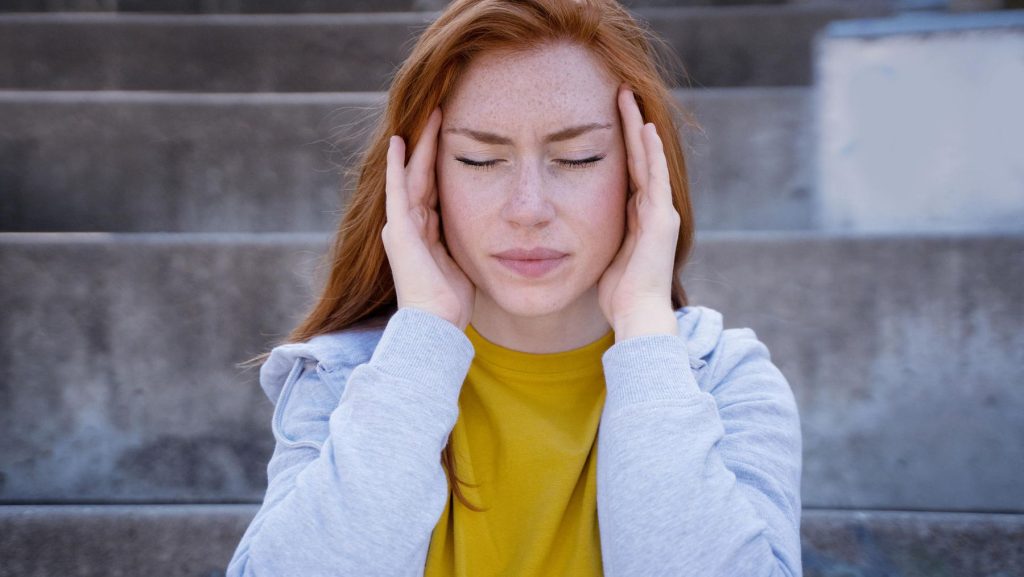
How to behave correctly in case of a hearing loss

Otherwise, patients could wait for 24 to 48 hours, especially with rather low hearing losses, explains Michael Deeg, a specialist in otolaryngology in Freiburg and spokesman for the German Professional Association of Otolaryngologists. In about half of the affected areas, normal hearing is restored during this time. “And even if this is not the case, there is no risk of deterioration, and there is also no risk of missing treatment opportunities,” reassures Deeg. In the waiting period, patients should take it a little calmer: “Relax, go to sleep earlier, give up alcohol and nicotine, ” advises the otolaryngologist.
See a doctor after 48 hours at the latest
If the deaf feeling persists in the ear, an appointment with the ear, nose and throat doctor is the next step. No later than 48 hours after the incident. He first examines the ear canal: it is possible that a plug made of earwax is to blame for the hearing problems. An infection can also be the cause: then fluid forms in the middle ear behind the eardrum, and the sound is less well transmitted. The doctor also asks whether the patient has been exposed to loud noises, for example, firebombs or an explosion. “If no such triggering factor can be determined, there is a hearing loss,” says ENT specialist Hesse. Between 40 and 100 out of every 100,000 people are affected every year.
The scene is the inner ear. There are the hair cells that convert sound waves into electrical impulses. They are passed on by the nerves to the brain and processed there – only then do we hear. In a hearing loss, hair cells no longer work as they should in a certain frequency range. The hearing restrictions can be very different, otolaryngologist Deeg observes in his practice. Sometimes other symptoms appear: in some patients, the hearing loss is accompanied by an ear noise, in others the auricle feels furry. As a rule, a hearing loss does not cause pain.
Rest often leads to spontaneous healings
Sometimes even rest helps: the rate of spontaneous healing in the first weeks after a hearing loss is high. Therefore, the otolaryngologist or the general practitioner, as a rule, prescribes the patients sick. You should relieve yourself professionally and familiarly, if that is possible. A referral to the hospital is also possible. You gain the affected distance from professional or family burdens. This is even more true if you are mentally stressed.
Cortisone as a means of choice
There is no drug that fights the cause of a hearing loss . The therapy of the hearing loss has so far consisted of a classic infusion treatment to improve blood circulation. According to the new guideline Hörsturz (AWMF-German Society of Otolaryngology, Head and Neck Surgery), however, this is mainly described as a therapy with cortisone to protect the inner ear and to initiate “repair mechanisms”, since scientific evidence exists only for this.
The cortisone is used in high dosage, as an infusion, in tablet form or by syringe directly into the ear. “The active ingredient regulates the fluid balance in the inner ear and has an anti-inflammatory effect,” Hesse explains. The shock therapy over a few days was well tolerated. Even if the effectiveness of cortisone in the hearing loss has not been proven, the treatment is paid for by the health insurance companies, otolaryngologist Deeg reports: “I am not aware of any case where a refund would have been refused.” If it is not successful, an oxygen overpressure treatment is considered an alternative: the patients breathe pure oxygen in a pressure chamber. Legally insured persons have to pay for the complex therapy themselves, a session costs around 200 euros.
